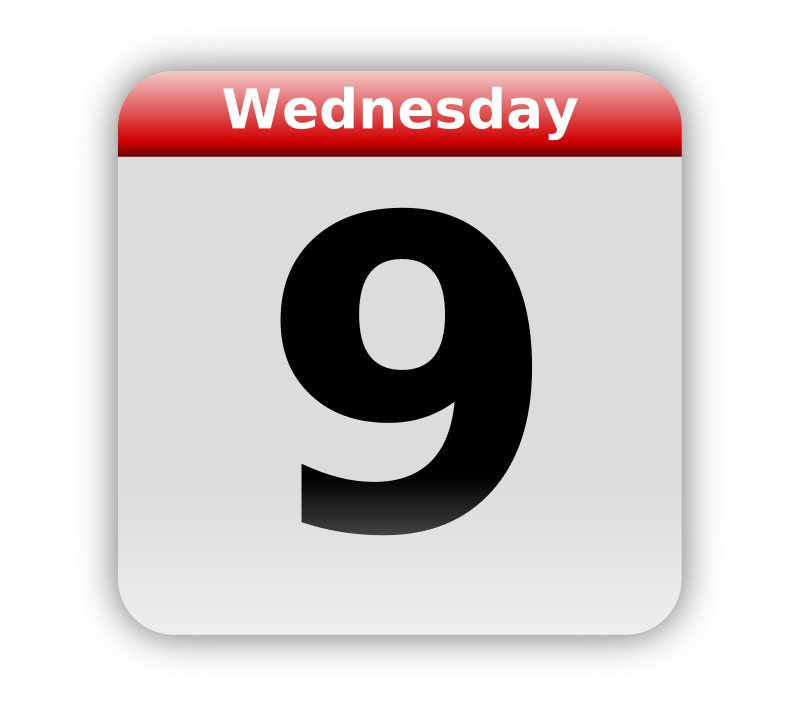 My group is on the brink of canceling this week’s game for what I think is the third week in a row. Next week definitely is not happening either as our normal host is out of town and his location is the most central for a rather geographically dispersed group.
My group is on the brink of canceling this week’s game for what I think is the third week in a row. Next week definitely is not happening either as our normal host is out of town and his location is the most central for a rather geographically dispersed group.
This rash of cancellations comes in the wake of a hiatus from our Kingmaker campaign due to some issues that was going to cause me to miss several sessions. I felt it better to announce that to the group and get one of the other GMs to run a few things during that time so my absence did not affect the group so much. In short, it has been pretty sketchy gaming for our group since mid-July.
Up until this point though, we have been a pretty successful at having regular gaming sessions. We are a group of gamers that have been playing together for six, coming up on seven years now. We have a solid core and haven’t added a new player for a couple of years. Each of us has been playing RPGs in some form for the past 25+ years. As you can guess, this puts us all in the working bracket and several with families at home. These factors all contribute to making scheduling difficult.
We see this on various RPG forums all of the time. “I’m too busy to get together to play.” or “It is too hard to get games scheduled.” Save for our recent issues though we have had a few strategies that have contributed to our group’s success at scheduling, even with quite active schedules amongst our members.
We started out with committing to playing every other week when the group first formed. We had a set day of the week and everyone made sure to get this scheduled on their personal and family calendars. This worked quite well. Then we decided every other week was not enough and we went to a weekly schedule at this point. Again we started by choosing an agreed upon night of the week to play. Those of us with a family at home made sure game night made the family calendar.
The added component to this for between game communication is a set of message board forums we use for a variety of things – IC roleplay between sessions, OOC forums and an off-topic set of forums where scheduling can be discussed. This helps in the situations where some event does trump the normal game night. We can discuss it well in advance and if possible make other arrangements. Frequently this is accommodated by shifting the night we play for that particular week other times it does result in the cancellation of the game that week.
Ultimately the key to regular gaming in busy adult lives appears to be having a consistent set night to game on and a reliable means of communication between sessions for times something does come up for one of the players.
We do have one other rule of thumb that helps minimize cancellations. We are willing to play a character down if need be. Our group would rather play a person short than cancel a session. Over the years this has worked out well for us and certainly minimized the number of games we have had to cancel.
What strategies has your group enlisted to help with your gaming schedule in these busy times?

